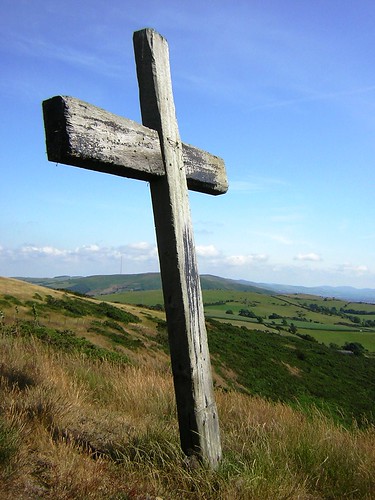 The first four articles I chose to read and review were all related to religion:
The first four articles I chose to read and review were all related to religion:"The Internet Highway and Religious Communities: Mapping and Contesting Spaces in Religion-Online"
The authors of this article described the effect of the presence of online websites in religion. They studied religion in Singapore specifically because it is identified as a highly religious country. They found that many religious organizations were working to make sure that their websites and online information supported the church directly, but were not separate entities. The article contrasted these as “religion-online” vs. “online-religion” (Cheong, 2009). It was clear that many churches were making an effort to put their church online by explaining their theology, describing their various community outreaches, and incorporating audio and video when applicable. These efforts gave community members the chance to view resources that supported the church while still maintaining the significance of the actual church grounds.
"The Church on Facebook"
The author of this article examines the impact of social media sites on the church. I found this article particularly interesting because it is most closely related to my action research project. Lenora Rand discusses her own experiences with Facebook and prayer. She explains that she has learned more from friends and acquaintances about their struggles and challenges than she feels she ever would have in a person-to-person context because of the time involved in face-to-face conversations. When she learns about people’s daily struggles, she prays for them or offers them kind words, or finds a time to call them and talk. Lenora then asks herself the all-important question “what do we need the ‘real’ church for? (Rand, 2009). She concludes the article by defining the significant worship practices and fellowship that can only occur face-to-face and re-emphasizes the importance for the actual church gathering place.
"Making Space for Religion in Internet Studies"
Heidi Campbell provides in her article a historical analysis of Internet use in religion. She also discusses the purpose of using the Internet for religious reasons and explains it’s ever increasing demand in many religious organizations. In the past, many Internet studies have excluded religion because it was deemed as losing significance in our culture. Resent years have shown just the opposite and prove that religion is indeed important in Internet studies. The author asserts that in order to better understand the relationship between Internet and religion, researchers need to look at all social aspects of the studies.
"THE SEARCH FOR LASTING FAITH: DEVELOPMENT OF A SCALE TO PREDICT CONTINUED FAITHFULNESS IN CHURCH ATTENDANCE FOLLOWING HIGH SCHOOL GRADUATION"
Wesley Black identified the problem that young adults are not attending church or practicing the same religious activities upon leaving high school. He recognized that there was not currently a valid and reliable tool to study the reasons youth are falling away from the church so he developed a plan to design a survey for this purpose. In the article, Black documented with great care the processes he used to make sure the survey questions he asked of the youth were both valid and reliable. It is Black’s hope that the survey tool he created can be used in youth ministry while students are still in high school to help identify the factors that contribute to youth falling away from the church. In this way, youth ministry can reform so it helps prepare young adults for continuing their spirituality away from home.
picture by: Ihar, "BBC Cross", July 8, 2005 via Flickr, Creative Commons Attribution
No comments:
Post a Comment